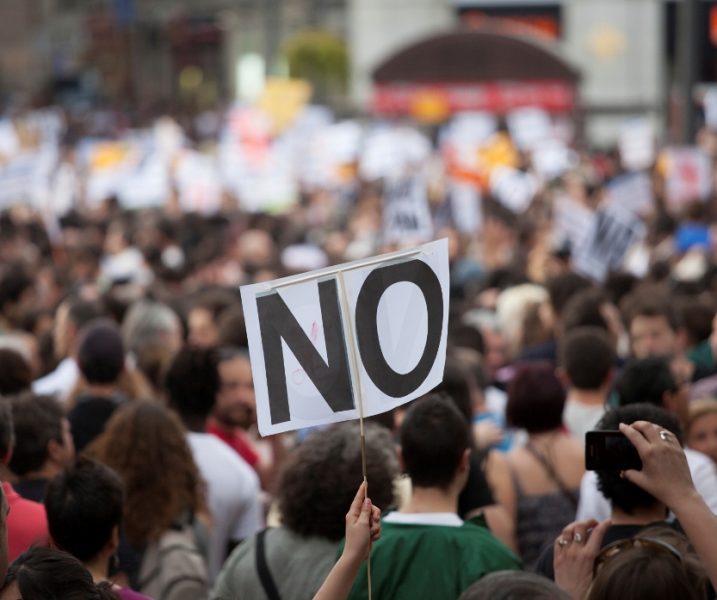
According to Variety, “As soon as the New York Times story about Bill O’Reilly’s sexual harassment settlements hit on April 1, Color of Change began to mobilize.
The nonprofit African-American civil rights group sent an email blast to its 1.2 million members, calling on them to help ramp up a campaign to pressure advertisers to pull money out of Fox News’ “The O’Reilly Factor.”
The campaign was remarkably effective, hastening the withdrawals of more than 60 major advertisers from the top-rated hour in cable news.”
Clearly, social media is now the most powerful tool for activist groups to use on organizations whose behavior, they believe, merit boycotts.
In 2014 we experienced the power of hashtag activism: the response by activist group UltraViolet to the way the National Football League handled the Ray Rice domestic abuse scandal. In their criticism of the NFL’s actions, UltraViolet employed a telling combination of the online and off. During a recent game they hired an airplane to fly a banner over the stadium printed with the hashtag “#GoodellMustGo.”
With that banner, UltraViolet was able to very succinctly (and inexpensively) direct a tremendous number of viewers to an online community. They paired that effort with an online petition demanding that the NFL change its policies. Over 50,000 people signed it. And it worked.
As the Lululemon and other crises have shown, hashtag journalism can effect a change at the highest levels of corporate leadership.
How Corporate Leaders Can Navigate this Growing Movement
How can corporate leaders navigate this growing movement? Follow the conversations on social media as they continue to develop, including #hashtags on Twitter. Stay aware of the key issues concerning women. Those include employment opportunities, low minimum wages, the lack of women on boards and the glass ceiling so many face. If you’re a CEO, tuning in to these and related concerns will help you avoid becoming the focus of the next wave of hashtag protests (and nightly newscasts). It will also help ensure you avoid the type of online reputation crisis that can impact your brand as well as your company’s stock valuation.



